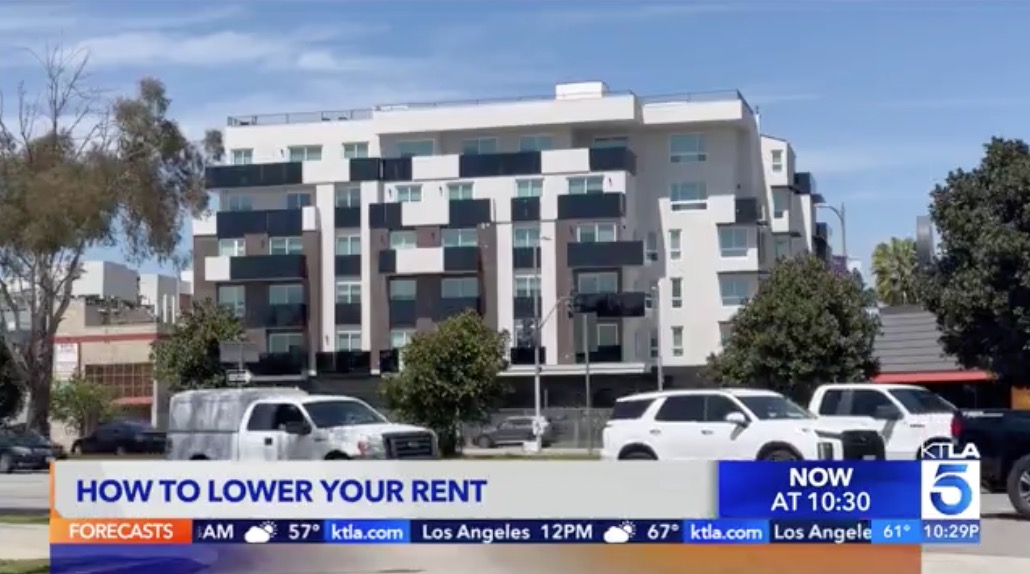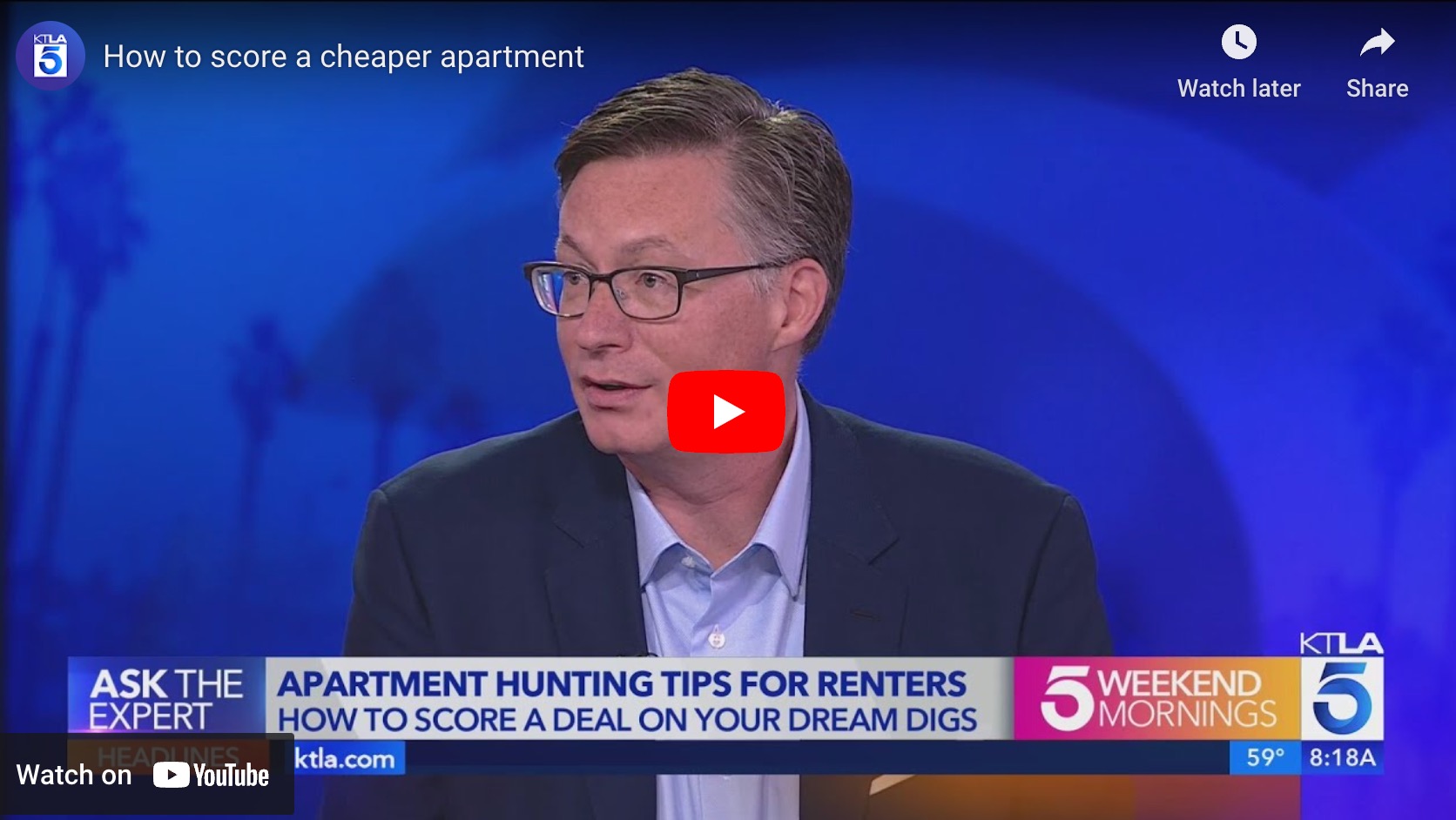A lease is a legal contract between a landlord and tenant whereby a landlord permits the tenant to occupy their property for a specific period. After the contract period ends, the tenant may or may not renew it. However, there could be situations where you, as the tenant, might have to terminate your lease earlier. Since breaking the lease earlier is against the contract, you will have to bear the penalties.
A tenant breaks the lease earlier only when there’s an absolute need for it because, let’s face it, nobody likes to pay penalties for no reason. If you’re stuck in a situation where you just have to break the lease before the lease term ends, you may want to know how to do it. Maybe you got the job of your dreams in another state, or you’re facing a serious financial crunch, and you can no longer afford to pay the rent of this property. Whatever the reason may be, knowing the right way to do it might save you from some, if not all, trouble.
When Is Terminating Your Lease Early the Only Option?
Some tenants might want to leave temporarily, while others might want to terminate their lease for good. Common reasons that leave tenants with no option but to terminate the lease early include:
- Traveling
- Work transfer
- Student exchange programs
- Ongoing family crisis
- Moving in with someone else
- Moving into a small or larger house
- Relocation to another city or country
Some tenants would give personal reasons for wanting to end their lease sooner, but in that case, they can’t get away without having to pay penalties in one form or the other.
However, it would help if you knew that there were some situations where you could request an early lease termination without having to pay any penalty:
- You need to relocate for health reasons (to an old-age/nursing home or another city/country where you’ll get treated).
- You need to leave to serve in the military.
- The landlord violated one or more of the lease clauses.
- You need to leave to save yourself from domestic violence.
- A neighbor is harassing or threatening you.
- The repairs the landlord agreed to get done haven’t been done.
- The property you’ve rented is condemned.
How to Terminate Your Lease Early
Coming to the more important part of our discussion – how can you terminate your lease early? It’s not easy, but there’s a right way to do it so that you don’t violate the landlord-tenant laws:
Go Through Your Lease Document
Usually, the lease document contains a clause about early termination. The lease clearly mentions the notice period (how many months before you move out you have to inform the landlord) and the early termination fee (for example, the landlord may have mentioned in the lease that you’ll have to pay two months’ worth of rent as a penalty). Go through the lease and send an early termination notice to your landlord accordingly.
Try Talking to Your Landlord
If there’s no clause related to early termination of the lease in the contract, you can try talking to your landlord and discuss your options. You can offer the landlord to help them find a new tenant or propose to continue to pay the rent till the landlord finds a new tenant. Some tenants also choose the option of lease buyout, where they pay the landlord a specific monetary amount in exchange for their agreement to release the tenant from the rental contract.
Try to Talk to Your Company
If you’re ending the lease early due to relocation for work, you can try to talk to your company to help you with the lease buyout. Some companies do this favor for their valuable employees.
Sublet Your Lease
Some leases have clauses about subletting the lease. You can avail this option if you’re leaving for a short while and plan on returning to the rental. The subletting clause allows you to transfer your lease to a subtenant who’ll occupy the property while you’re away. However, not all lease contracts have this clause. In that case, you need to talk to your landlord first about subletting. You must remember that you’ll be held responsible for any damages or defaults made by the subtenant.
Opt for Lease Assignment
Just like subleasing, a lease assignment enables you to hand over the remainder of the lease to a new tenant. Unlike subleasing, you’re free from all lease obligations in this case. You aren’t temporarily handing over the property to a subtenant but moving out permanently with no intention of returning. However, even in this case, you need your landlord’s consent before you hand the lease over. If your landlord doesn’t agree to the lease assignment, you’ll have to talk to them.
Complete the Lease Term
If you don’t have to leave immediately and whatever it is due to which you’ve to move out can wait, it’s best to complete your lease term. This is your last option if all your negotiations fail and you fail to reach an agreement with your landlord.
Breaking the Lease on Good Terms
Whatever reason you want to terminate your lease earlier, it’s wise to end it on good terms. Rather than facing legal consequences or repercussions later, you can save yourself from all the trouble if you end the lease on good terms. You can either pay the rent until the landlord finds a new tenant or pay an early termination fee.
Nobody wants to bear any sort of penalty. Early termination of lease is quite stressful but do not fret – you can find a way around it. In most cases, tenants and landlords are able to reach a mutual decision that benefits both parties.
Now that you know how to terminate your lease early, speak to your landlord before taking any further steps.
If you’re looking for more renter-relevant content, check out our other informative blog posts here.
Time to find a new rental home? Check out Dwellsy.








